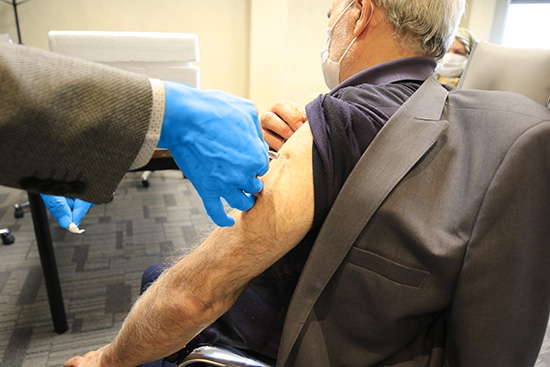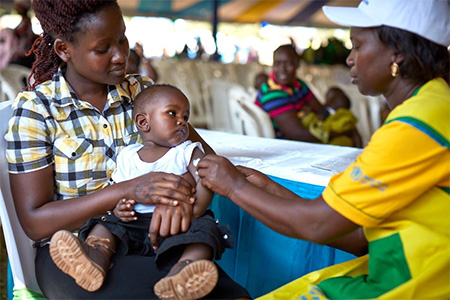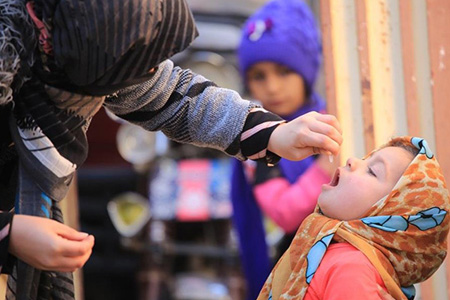World Immunization Week 2022
World Immunization Week, celebrated globally each year in April, highlights the importance of vaccines in offering protection to people of all ages against many diseases. This year’s campaign comes at an especially critical time as the COVID-19 pandemic has disrupted essential health services, including routine immunization, setting back progress by more than a decade.


This year’s theme “Long Life for All” aims to unify everyone – political leaders, policy-makers, immunization stakeholders and communities – in creating awareness of the importance of vaccination in preventing illness and saving lives.
The objectives of this year’s campaign are to:
raise public awareness of the protection provided by vaccines against disease and death throughout the life course;
create support among health care professionals for life course vaccination;
engage health policy-makers and managers of vaccination programmes in endorsing a life course approach to vaccination.
Vaccine facts
- Vaccination is the most cost-effective public health intervention.
- The first vaccine was developed in 1796 against the deadly disease of smallpox.
- Smallpox was eradicated globally in 1980 as a result of vaccination.
- Vaccines prevent illness and save millions of lives.
- All WHO pre-qualified vaccines are safe and effective.
- Investing in transformative technology facilitates faster development of new vaccines and improvements to existing vaccines.
- Vaccines can create a world in which no one dies from a vaccine-preventable disease.





















